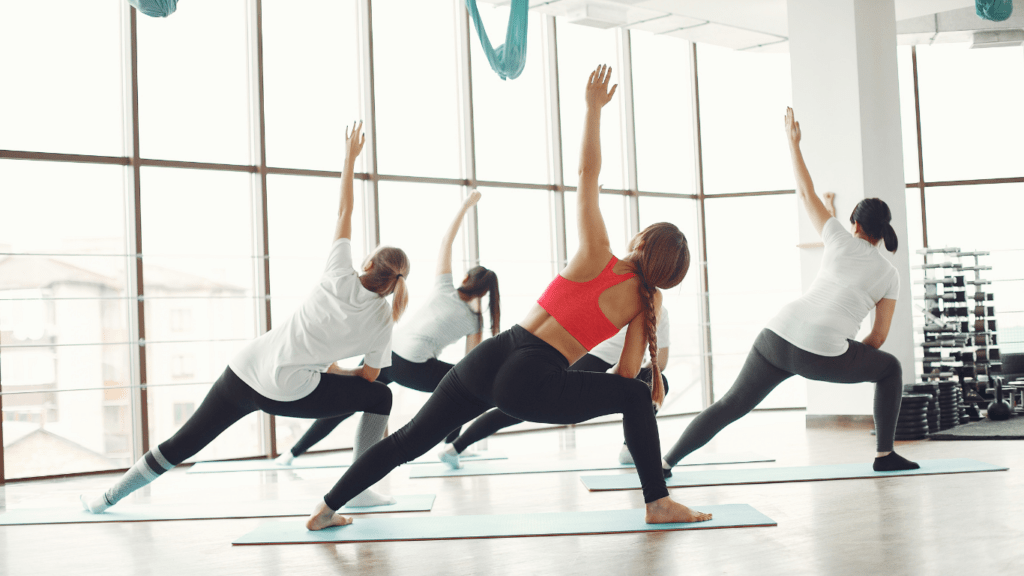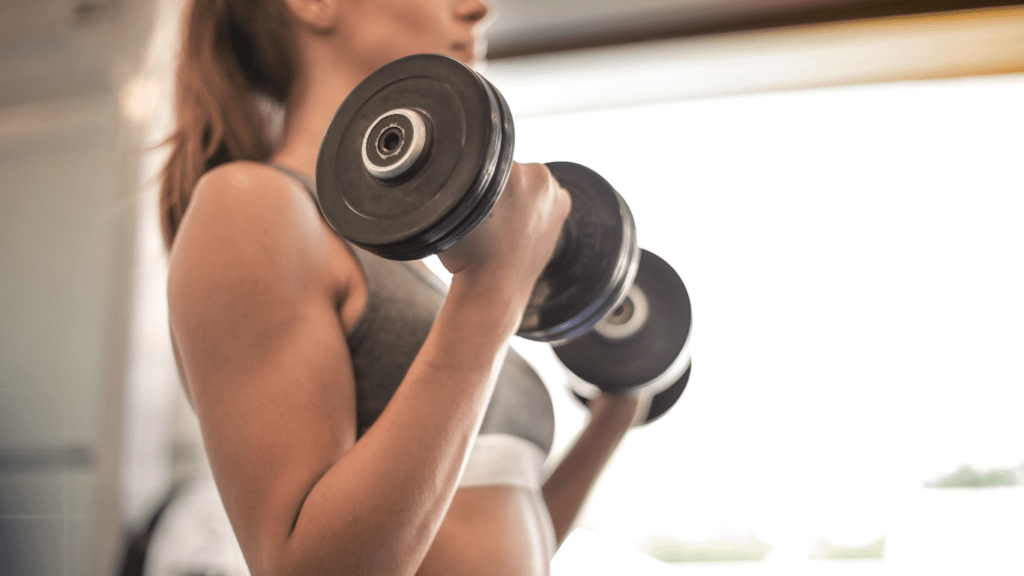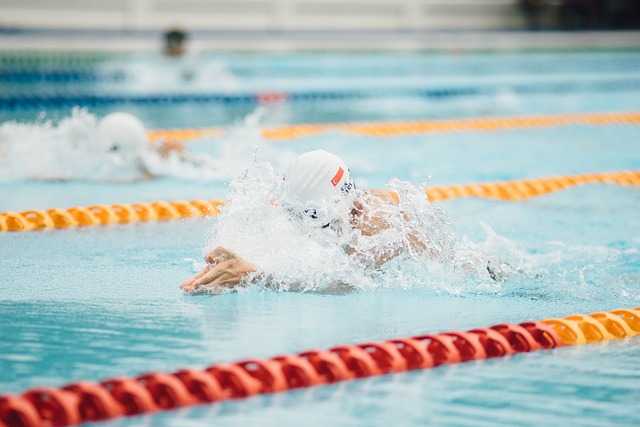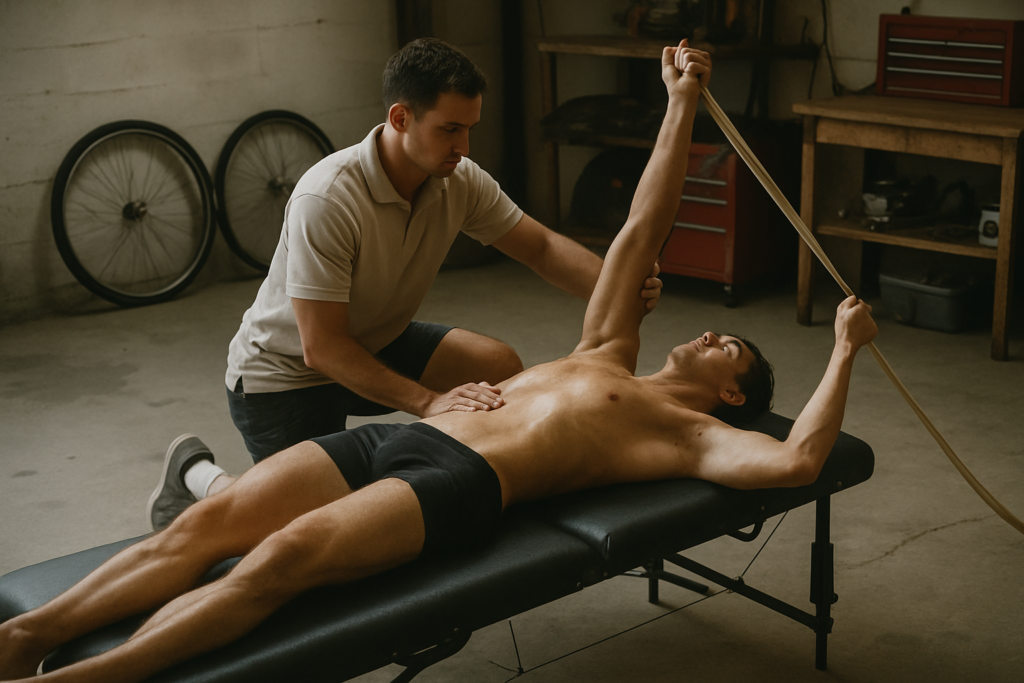As someone who’s passionate about fitness, I understand the challenges that come with staying in shape during the off-season. It’s easy to lose motivation and let your hard-earned progress slip away when your regular routine is disrupted. In this article, I’ll share some practical tips to help you maintain your fitness levels and stay on track even when the season is over.
Whether you’re an athlete looking to stay in peak condition or a fitness enthusiast trying to avoid setbacks, finding ways to keep active and motivated during the off-season is crucial. By making small adjustments to your workout routine, nutrition plan, and mindset, you can ensure that you emerge from the off-season stronger and ready to tackle your fitness goals head-on. Let’s explore some effective strategies to help you navigate the challenges of the off-season and emerge even fitter and more determined than before.
Understanding Off-Season Fitness Challenges
As someone who’s passionate about fitness, I know that the off-season can present unique challenges that may affect both our physical and mental well-being. Let’s delve into the psychological aspects and physical hurdles encountered during this period to better understand how to overcome them.
Psychological Aspects of Off-Season
In my experience, the psychological aspects of the off-season can be daunting. It’s common to feel a sense of loss or lack of purpose when our regular training routine is disrupted. This shift can lead to decreased motivation and even feelings of frustration or demotivation. Understanding these emotions is crucial in developing strategies to combat them effectively.
Physical Challenges During the Off-Period
During the off-season, our bodies might undergo changes due to reduced activity levels or alterations in training intensity. Muscle loss, decreased cardiovascular endurance, and potential weight gain are common physical challenges faced during this phase. Addressing these changes with a well-rounded approach to fitness and nutrition is essential to maintain overall health and performance.
Setting Achievable Fitness Goals
Setting achievable fitness goals is crucial for progress during the off-season.
Assessing Your Current Fitness Level
To set realistic fitness goals, I start by assessing my current fitness level. By evaluating my strength, endurance, and flexibility, I can determine areas that need improvement. Tracking performance metrics like running times, weights lifted, or yoga poses held helps me understand where I stand.
Creating a Sustainable Off-Season Routine
My off-season routine focuses on maintaining my fitness level while allowing for recovery. I design a balanced schedule that includes a mix of strength training, cardio, flexibility work, and rest days. By incorporating variety and rest into my routine, I can prevent burnout and injuries, ensuring long-term progress.
Tips for Maintaining Fitness During Off-Season

I prioritize incorporating varied workouts during the off-season. It’s essential to keep the body challenged and prevent plateauing. I mix strength training, cardio, and flexibility exercises to maintain overall fitness levels. Switching up routines not only prevents boredom but also targets different muscle groups for a well-rounded approach.
When it comes to off-season fitness, I cannot stress enough the importance of rest and recovery. Proper rest allows muscles to repair and grow, reducing the risk of injuries. I ensure I get an adequate amount of sleep each night and schedule rest days into my workout routine. Listening to my body’s signals and knowing when to take a break is crucial for long-term fitness success.
In terms of nutrition, I focus on maintaining a well-balanced diet during the off-season. Fueling my body with the right nutrients helps support workouts and aids in recovery. I emphasize consuming lean proteins, complex carbohydrates, healthy fats, and plenty of fruits and vegetables. Hydration is also key, so I make sure to drink enough water throughout the day to stay hydrated and support overall performance.
Incorporating Varied Workouts:
- Engage in a mix of strength training, cardio, and flexibility exercises.
- Target different muscle groups to avoid plateaus.
- Keep workouts challenging and diverse to maintain interest and motivation.
Importance of Rest and Recovery:
- Allow muscles to repair and grow by prioritizing adequate rest.
- Schedule regular rest days to prevent overtraining and reduce the risk of injuries.
- Listen to your body’s signals and adjust your routine accordingly to ensure proper recovery.
| Nutrient | Importance |
|---|---|
| Lean Proteins | Supports muscle repair and growth. |
| Complex Carbohydrates | Provides sustained energy for workouts. |
| Healthy Fats | Essential for hormone production and overall health. |
| Fruits and Vegetables | Rich in vitamins, minerals, and antioxidants. |
| Hydration | Key for performance, recovery, and overall well-being. |
Balancing Fitness with Rest
Balancing fitness with rest is crucial for optimizing performance and ensuring long-term health. By listening to your body and strategizing to avoid overtraining, you can maintain peak fitness levels during the off-season effectively.
Listening to Your Body
Listening to my body is essential for maximizing workouts and preventing injuries. It’s vital to pay attention to signs of fatigue, soreness, and reduced performance. By tuning into these signals, I can adjust my training intensity and schedule to prevent overexertion and support recovery.
Strategies for Avoiding Overtraining
To avoid overtraining, I incorporate strategic rest days into my routine. It’s important to schedule rest days based on my body’s needs, allowing muscles to recover and grow stronger. Additionally, I vary my workout intensity and focus on quality over quantity to prevent burnout and maintain motivation. By monitoring my progress and adjusting my training plan accordingly, I can stay consistent and avoid the pitfalls of overtraining.


 is a passionate advocate for fitness and healthy living, blending her expertise in swimming with a dedication to overall wellness. With years of experience both in and out of the pool, she offers valuable insights on effective workout routines, nutrition, and lifestyle habits that support peak performance and vitality. Rosamie’s writing is characterized by its practical advice, encouraging readers to adopt sustainable habits for long-term health and fitness. She frequently shares her personal journey and success stories to motivate others, and her articles often include actionable tips that readers can easily incorporate into their daily lives. By focusing on a holistic approach to fitness, Rosamie aims to help individuals not only achieve their athletic goals but also cultivate a balanced and fulfilling lifestyle.
is a passionate advocate for fitness and healthy living, blending her expertise in swimming with a dedication to overall wellness. With years of experience both in and out of the pool, she offers valuable insights on effective workout routines, nutrition, and lifestyle habits that support peak performance and vitality. Rosamie’s writing is characterized by its practical advice, encouraging readers to adopt sustainable habits for long-term health and fitness. She frequently shares her personal journey and success stories to motivate others, and her articles often include actionable tips that readers can easily incorporate into their daily lives. By focusing on a holistic approach to fitness, Rosamie aims to help individuals not only achieve their athletic goals but also cultivate a balanced and fulfilling lifestyle.
